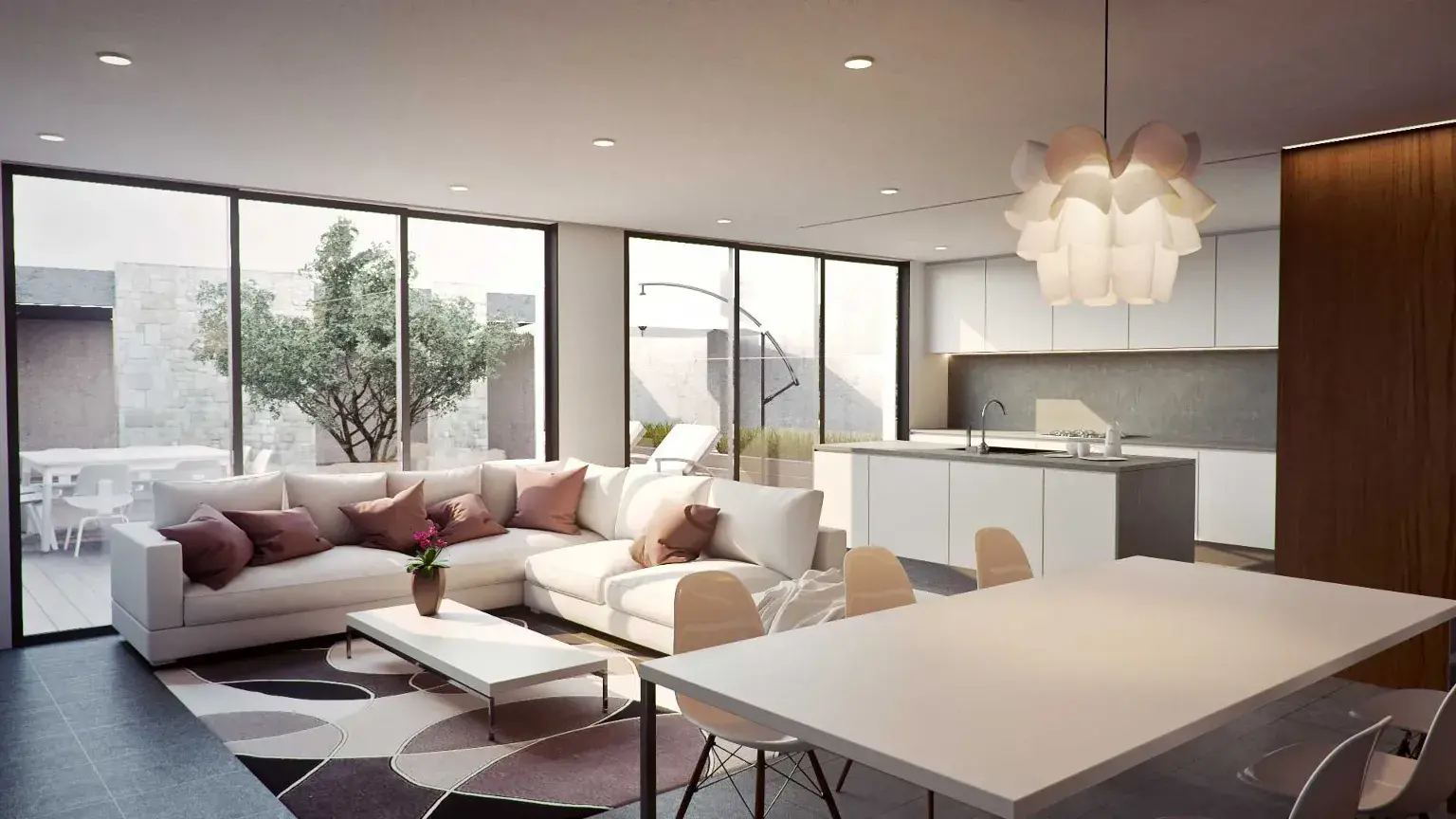Stress is a universal aspect of the mortal experience, but how societies perceive, manage with, and acclimatize to stress can vary significantly across societies. This disquisition of artistic perspectives on stress delves into the different ways different societies approach the challenges that life presents. From managing strategies to adaptability practices, the lens through which stress is viewed is deeply embedded in artistic morals, values, and societal structures.
Cultural Resilience: Navigating Stress Across Borders
Cultural Perspectives Artistic perspectives shape how stress is perceived within a society. Some societies may view stress as a normal part of life, while others may see it as an anomaly to be addressed incontinently. Understanding these different shoes is pivotal in developing effective cross-cultural strategies for stress operation.
Stress managing Strategies From contemplation practices in Eastern societies to collaborative support systems in collectivist societies, stress managing strategies vary extensively. Examining these strategies provides precious perceptivity into the artistic toolkit for managing stress and promoting internal well- being.
Adaption in Different Societies Societal structures play a vital part in how individualities acclimatize to stress. Examining the adaptive mechanisms bedded in colorful societies sheds light on how communities evolve to meet the challenges of their terrain.
Cultural Influences on Mental Health
Artistic Diversity and Stress The diversity of artistic practices influences stress responses. Cultural rituals, traditions, and belief systems shape the way stress is perceived and managed within a community.
Artistic Factors in Mental Health Cultural factors, including domestic prospects, social scales, and community bonds, have a profound impact on internal health. Understanding these factors helps bridge the gap in internal health approaches across different societies.
Global Perspectives on Mental Health Stress isn’t confined by borders, and its impact is felt encyclopedically. Exploring how different societies address internal health on a global scale allows for the identification of stylish practices that can be participated and acclimated across societies.
Practical operations and Recommendations
Cultural Resilience Practices pressing specific artistic adaptability practices, similar as awareness ways, collaborative rituals, or traditional mending styles, provides palpable exemplifications of how societies cultivate adaptability in the face of stress.
Artistic perceptivity in Stress exploration Emphasizing the significance of artistic perceptivity in stress exploration ensures that studies consider the nuances of different societies. This approach leads to more accurate assessments and further effective interventions acclimatized to specific artistic surrounds.
Relative Stress Studies Conducting relative stress studies allows for a deeper understanding of how artistic perspectives influence stress responses. similar studies can identify similarities and differences, fostering a more comprehensive approach to stress operation.
Conclusion
Exploring artistic perspectives on stress is a trip into the rich shade of mortal gests . Feting the diversity of managing strategies and adaption mechanisms across different societies provides precious perceptivity for developing holistic approaches to stress operation. By embracing artistic perceptivity and literacy from the collaborative wisdom of different communities, we can cultivate a global understanding of stress that promotes adaptability, fosters well- being, and transcends artistic boundaries.


